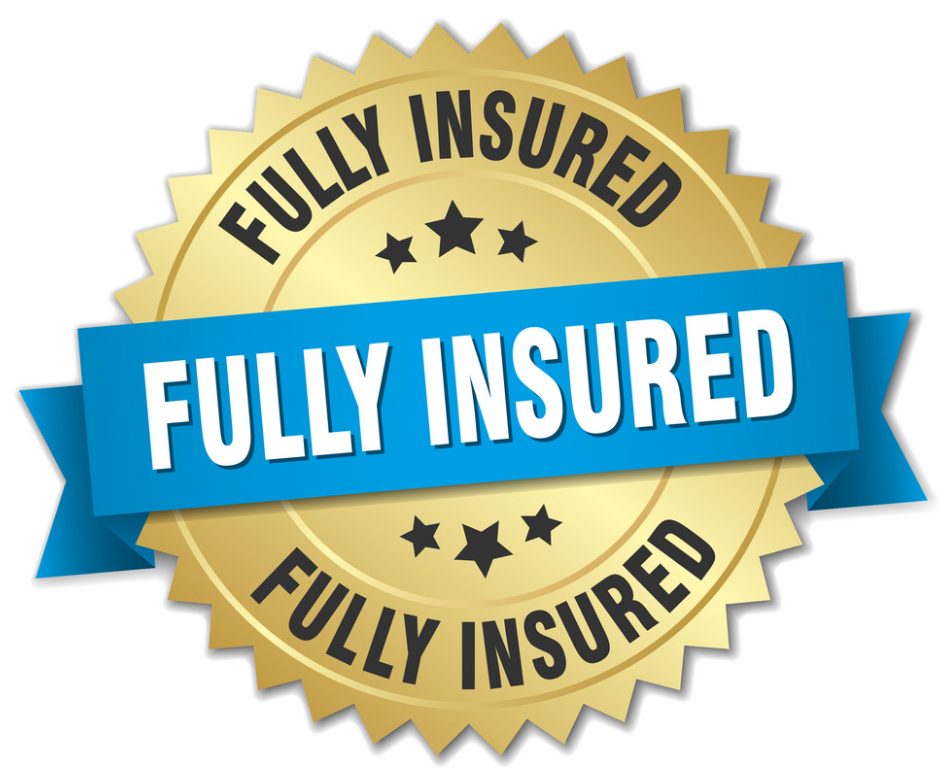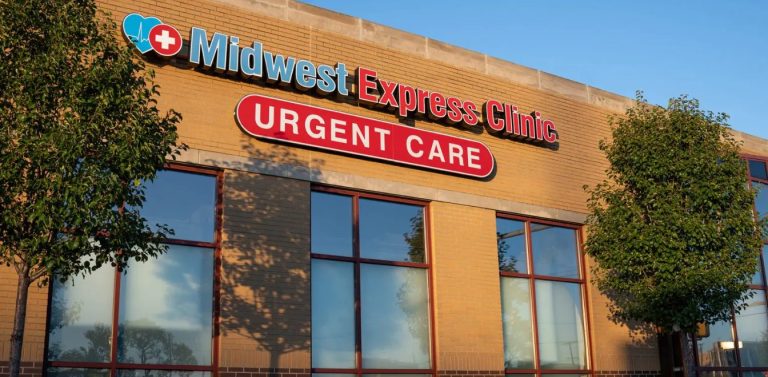Contents
The Foundation: Understanding Business Insurance
Business insurance is a broad term encompassing various policies designed to safeguard businesses from financial losses. It acts as a safety net, helping businesses navigate unforeseen circumstances without jeopardizing their operations or financial stability.
Key Components of Business Insurance:
- Property Insurance: Protects your physical assets, including buildings, equipment, inventory, and furniture, from damage or loss due to fire, theft, vandalism, or natural disasters.
- Liability Insurance: Covers legal costs and damages if your business is held responsible for causing harm to someone else or their property. This can include bodily injury, property damage, or reputational harm.
- Business Interruption Insurance: Compensates for lost income and ongoing expenses if your business is forced to close temporarily due to a covered event, such as a fire or natural disaster.
- Workers’ Compensation Insurance: Provides benefits to employees who suffer work-related injuries or illnesses, including medical expenses, lost wages, and rehabilitation costs.
The Power of a Fully Insured Business
A fully insured business enjoys a multitude of benefits that extend beyond mere financial protection.
- Peace of Mind: Knowing that your business is adequately insured allows you to focus on growth and innovation without constantly worrying about potential risks.
- Enhanced Credibility: A fully insured business demonstrates professionalism and responsibility, instilling confidence in customers, partners, and investors.
- Improved Risk Management: The process of obtaining insurance often involves a thorough risk assessment, helping businesses identify and address potential vulnerabilities.
- Access to Capital: Many lenders and investors require businesses to have adequate insurance coverage before providing financing.
- Employee Retention: Offering comprehensive insurance benefits can attract and retain top talent, boosting employee morale and productivity.
The Cost of Being Underinsured
While some businesses may view insurance as an unnecessary expense, the cost of being underinsured can be devastating.
- Financial Ruin: A single uninsured loss can cripple a business, leading to bankruptcy or closure.
- Legal Troubles: Liability claims can result in costly lawsuits, further draining a business’s resources.
- Reputational Damage: A business’s reputation can suffer irreparable harm if it’s unable to compensate customers or partners for losses.
- Loss of Opportunities: Underinsured businesses may miss out on lucrative contracts or partnerships.
Building a Fully Insured Business
Creating a fully insured business requires careful planning and collaboration with a knowledgeable insurance professional.
- Assess Your Risks: Identify the specific risks your business faces, considering factors such as your industry, location, and operations.
- Consult an Insurance Agent: An experienced insurance agent can help you understand your options and tailor a policy to meet your specific needs.
- Review Your Coverage Regularly: As your business grows and evolves, so do your risks. Review your insurance coverage annually to ensure it remains adequate.
- Understand Your Policy: Read your policy carefully and ask your agent about any exclusions or limitations.
- File Claims Promptly: In the event of a loss, file a claim as soon as possible to expedite the reimbursement process.
Key Considerations for a Fully Insured Business
- Industry-Specific Risks: Certain industries face unique risks that require specialized insurance coverage. For example, a construction company may need additional liability coverage, while a restaurant may need coverage for food spoilage.
- Emerging Risks: The business landscape is constantly changing, and new risks emerge regularly. Stay informed about emerging risks and adjust your insurance coverage accordingly.
- Cybersecurity: In today’s digital age, cyberattacks are a growing threat to businesses of all sizes. Consider adding cyber insurance to your policy to protect against data breaches and other cybercrimes.
- Business Continuity Planning: A comprehensive insurance policy is just one part of a robust business continuity plan. Develop a plan for how your business will operate in the event of a major disruption, and ensure your insurance coverage aligns with your plan.
The Future of a Fully Insured Business
As technology advances and the world becomes increasingly interconnected, the concept of a fully insured business will continue to evolve. New insurance products and services will emerge to address emerging risks, and businesses will need to stay ahead of the curve to remain adequately protected.
Read More: Aetna Medigap Insurance: Comprehensive Coverage for Medicare Beneficiaries







